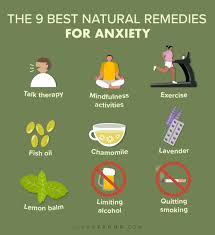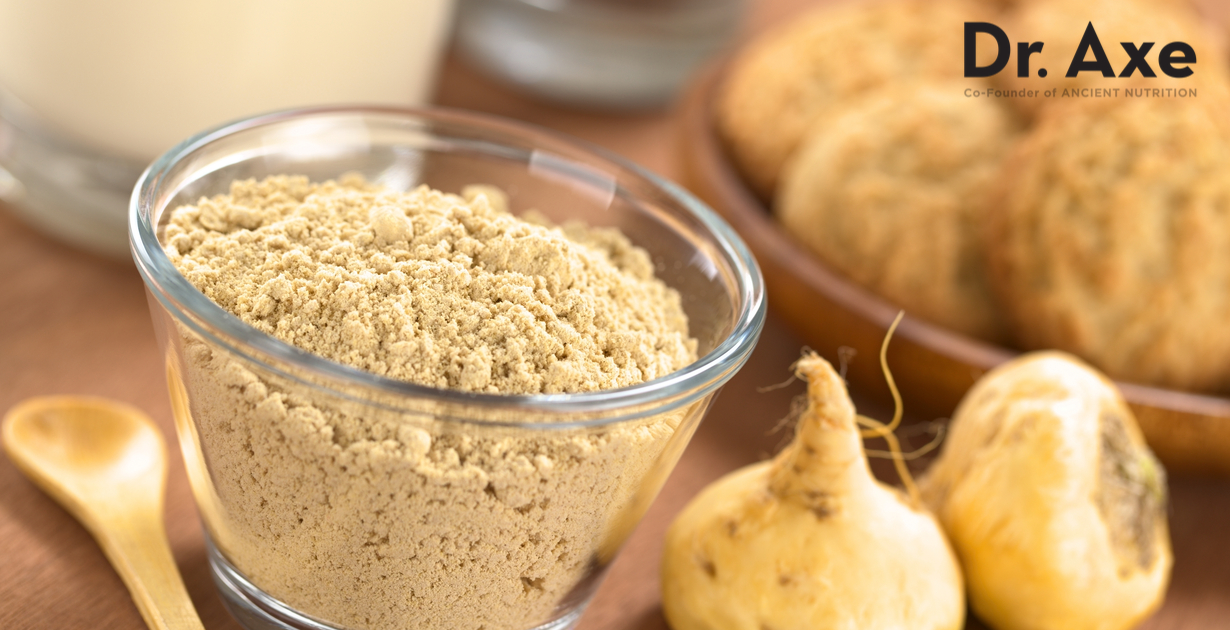Anxiety is something that everyone experiences from time to time. It can make your heart race, your palms sweat, and your mind fill with worries. But the good news is that there are natural ways to help reduce anxiety. In this article, we will explore eight effective techniques that can help you feel calmer and more at ease.
1. Practice Deep Breathing
Deep breathing is a simple yet powerful way to calm your mind and body. When you feel anxious, your breathing might become shallow and fast. This can make you feel even more nervous. By practicing deep breathing, you can slow down your breath, which sends a signal to your brain to relax.
To practice deep breathing, find a quiet place to sit or lie down. Close your eyes and take a slow, deep breath in through your nose, letting your belly rise as you fill your lungs with air. Hold the breath for a moment, then slowly exhale through your mouth, letting your belly fall. Repeat this several times, focusing on the feeling of your breath moving in and out of your body.
Deep breathing helps to lower your heart rate and blood pressure, making you feel calmer. You can use this technique anytime you feel anxious, whether you’re at home, at school, or anywhere else.
2. Exercise Regularly
Exercise is one of the best natural ways to reduce anxiety. When you move your body, it releases chemicals called endorphins, which make you feel happy and relaxed. Exercise also helps to burn off the extra energy that can build up when you’re feeling anxious.
You don’t need to do intense workouts to benefit from exercise. Even simple activities like walking, dancing, or playing a sport can make a big difference. Try to find an activity that you enjoy, so it doesn’t feel like a chore. The more fun you have, the more likely you are to stick with it.
Exercise can also improve your sleep, which is important because getting enough rest can help reduce anxiety. Aim for at least 30 minutes of physical activity most days of the week, and notice how it helps to lift your mood and calm your mind.
3. Eat a Balanced Diet
What you eat can have a big impact on how you feel. Eating a balanced diet that includes plenty of fruits, vegetables, whole grains, and lean proteins can help keep your body and mind healthy. Some foods are especially good for reducing anxiety.
For example, foods rich in omega-3 fatty acids, like salmon and walnuts, can help improve your mood. Foods high in magnesium, like spinach and almonds, can help calm your nervous system. Avoiding too much sugar and caffeine is also important, as these can make anxiety worse.
Try to eat regular meals and snacks throughout the day to keep your blood sugar levels steady. This can help prevent the mood swings that sometimes lead to anxiety. Drinking plenty of water is also important, as dehydration can make you feel tired and irritable.
4. Get Enough Sleep
Getting enough sleep is crucial for managing anxiety. When you’re tired, it’s harder to cope with stress, and your anxiety levels can increase. That’s why it’s important to make sure you’re getting enough rest each night.
To improve your sleep, try to go to bed and wake up at the same time every day, even on weekends. Create a bedtime routine that helps you relax, like reading a book, taking a warm bath, or listening to calming music. Make sure your bedroom is dark, quiet, and cool, so it’s easier to fall asleep.
Avoid screens, like phones, tablets, and computers, for at least an hour before bed, as the light from these devices can make it harder to sleep. If you have trouble falling asleep, try practicing deep breathing or visualization techniques to help calm your mind.
5. Practice Mindfulness and Meditation
Mindfulness and meditation are powerful tools for reducing anxiety. Mindfulness involves paying attention to the present moment without judgment. It can help you become more aware of your thoughts and feelings, so you can respond to them in a calm and thoughtful way.
To practice mindfulness, start by focusing on your breath. Notice how it feels as you breathe in and out. If your mind starts to wander, gently bring your focus back to your breath. You can also practice mindfulness while doing everyday activities, like eating or walking. Simply pay attention to the sights, sounds, and sensations around you.
Meditation is similar to mindfulness, but it usually involves sitting quietly and focusing on your breath, a word, or an image. You can start with just a few minutes a day and gradually increase the time as you get more comfortable. Meditation can help quiet your mind and reduce the constant chatter that often comes with anxiety.
6. Spend Time in Nature
Spending time in nature is a great way to reduce anxiety. Being outdoors, surrounded by trees, plants, and fresh air, can help you feel more relaxed and connected to the world around you. Nature has a calming effect on the mind and body, and it can help you feel more grounded and less stressed.
Try to spend time outside every day, even if it’s just a short walk around your neighborhood. If you have access to a park, beach, or forest, take advantage of it. Activities like hiking, gardening, or simply sitting outside and listening to the birds can help reduce anxiety.
If you can’t get outside, try bringing nature indoors. You can add plants to your home, listen to nature sounds, or even watch videos of beautiful landscapes. These small steps can help you feel the calming effects of nature, even when you’re inside.
7. Connect with Others
Connecting with others is an important way to reduce anxiety. Talking to a friend, family member, or someone you trust can help you feel supported and understood. Sometimes just sharing your worries with someone else can make them feel less overwhelming.
You don’t have to talk about your anxiety directly if you don’t want to. Simply spending time with others, whether you’re playing a game, watching a movie, or doing something else you enjoy, can help lift your mood and reduce anxiety.
If you feel comfortable, you can also join a support group where you can meet others who are going through similar experiences. Knowing you’re not alone can be a huge relief and can help you feel more connected.
8. Limit Screen Time
In today’s world, it’s easy to spend a lot of time in front of screens, whether it’s for school, work, or entertainment. However, too much screen time, especially on social media, can increase anxiety. Constantly checking your phone or comparing yourself to others online can make you feel more anxious and stressed.
To reduce anxiety, try to limit your screen time. Set aside specific times of the day to check your devices and stick to them. Make sure you’re taking breaks from screens, especially before bed, to give your mind a chance to relax.
Instead of spending time on your phone or computer, try doing other activities that you enjoy, like reading, drawing, or playing outside. These activities can help reduce anxiety and make you feel happier and more relaxed.
Conclusion
Anxiety is a natural part of life, but it doesn’t have to control you. By practicing these eight techniques, you can reduce anxiety naturally and help your mind and body feel more at ease. Remember that it’s okay to ask for help if you need it, and that taking care of yourself is the best way to manage anxiety.



